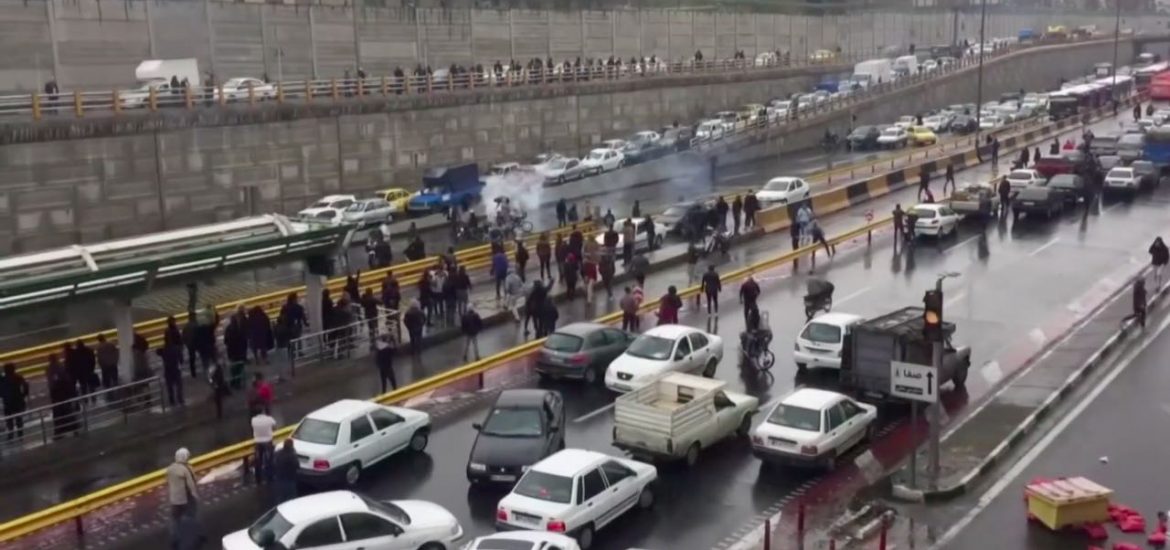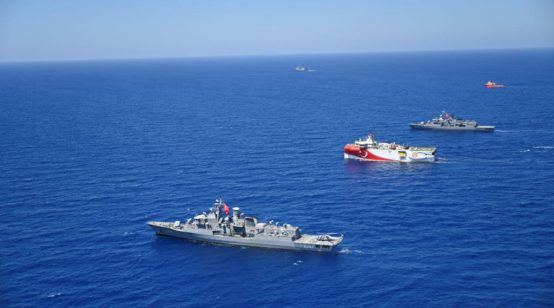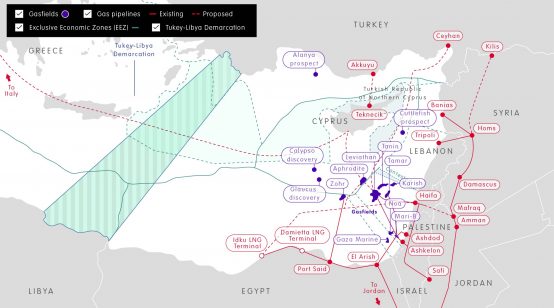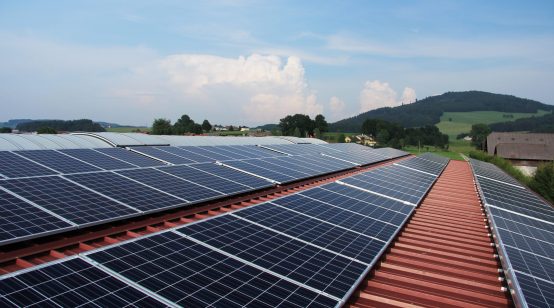
Iran has enforced a near-complete internet blackout amid nationwide protests against rising fuel prices with network connectivity now below 4 per cent of normal levels.
The price of petrol is due to rise by as much as 200 per cent under the reduction in state subsidies.
The state-run Telecommunications Company of Iran (TIC) moved to prevent organised protests and the sharing of pictures and videos with the outside world.
The major mobile network operators – MCI, Rightel and IranCell – have been shut down.
“Despite some network services becoming available for select users, Iran is disconnected and isolated from the world,” said the internet outage watchdog, NetBlocks.
Online research company Oracle Internet Intelligence said the blackout was “the largest internet shutdown ever observed in Iran”, although the West Asian state was “no stranger” to government interference.
“Unlike previous efforts at censorship and bandwidth throttling, the internet of Iran is presently experiencing a multi-day wholesale disconnection for much of its population – arguably the largest such event ever for Iran,” said Doug Madory, the internet analysis boss at Oracle.
Iran’s Supreme Leader Ayatollah Ali Khamenei has spoken out defiantly.
“We have pushed back the enemy in the military arena. We have pushed back the enemy in the political war,” Khamenei said in a television address.
“We have repelled the enemy in the arena of security warfare. The recent actions were security issues, not from the people,” he said.
“We have repelled the enemy.”
European weakness
Europe is encouraging its companies to continue to trade with Iran and has tried to establish an international payment system to allow employers to dodge US sanctions.
But breaches of the terms of the 2015 nuclear deal by Iran, including the recent move to enrich uranium beyond the limits agreed under the Obama-era agreement. European leaders are now forced to rethink their approach, despite their reluctance to be bullied into defeat by Donald Trump.
The European Union could trigger a dispute resolution clause that could reimpose sanctions on Iran for the enrichment process.
Iran has been enriching uranium at a formerly secret underground installation that was allegedly built to develop nuclear weapons.
EU member states’ foreign ministers announced that they were “extremely concerned” but did nothing.
Sascha Lohmann of the German Institute for International and Security Affairs think tank said: “The situation has now escalated to such an extent that we’re well past the point where the Europeans could be effective. They should have taken action a long time ago.”
Despite expressing defiance over Trump’s sanctions, Europe has proved powerless to cushion the impact of US hostility. It is now a year since oil and gas sanctions were reimposed by Washington.
Trump’s economic muscle has forced many large EU-based firms to ignore the requests of their own governments to maintain trade with Iran.
Picture credit: YouTube





